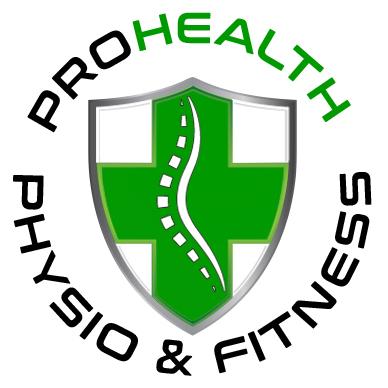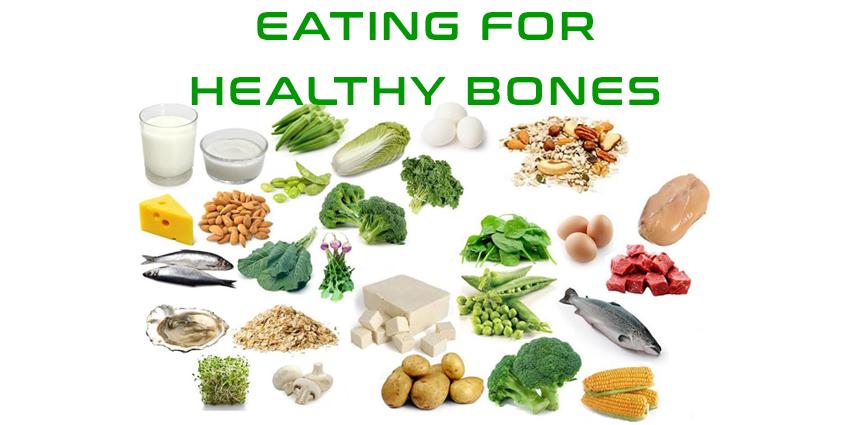Strong bones are the foundation of a healthy, active life. Whether you’re recovering from an injury, managing osteoporosis, or simply aiming to stay mobile and resilient as you age, nutrition plays a vital role in maintaining bone density and strength. At PROHEALTH PHYSIO & FITNESS (EP), we believe that food is medicine, and your plate can be a powerful tool for bone health.
Why Bone Health Matters
Bones are living tissue that constantly rebuilds itself. As we age, bone regeneration slows down, increasing the risk of fractures and conditions like osteoporosis. The good news? Strategic eating habits can help preserve bone mass and support overall skeletal health.
Key Nutrients for Strong Bones
Here are the top nutrients your bones crave—and where to find them:
Calcium
- Why it matters: Calcium is the primary mineral in bones.
- Sources: Dairy products (milk, yogurt, cheese), leafy greens (kale, bok choy), fortified plant-based milks, almonds, tofu.
Vitamin D
- Why it matters: Helps your body absorb calcium.
- Sources: Sunlight exposure, fatty fish (salmon, mackerel), egg yolks, fortified foods.
Magnesium
- Why it matters: Supports bone structure and calcium metabolism.
- Sources: Nuts, seeds, whole grains, legumes, spinach.
Vitamin K
- Why it matters: Essential for bone mineralization.
- Sources: Broccoli, Brussels sprouts, green leafy vegetables.
Protein
- Why it matters: Builds bone matrix and supports muscle strength.
- Sources: Lean meats, fish, eggs, legumes, dairy, soy products.
Foods to Limit
Certain foods can interfere with bone health if consumed excessively:
- High-sodium foods: Can lead to calcium loss.
- Sugary snacks and sodas: May reduce calcium absorption.
- Excessive caffeine or alcohol: Linked to lower bone density.
Nutrition + Movement = Bone Power
Eating well is just one part of the equation. Weight-bearing exercises, resistance training, and proper physiotherapy all contribute to stronger bones. At PROHEALTH PHYSIO & FITNESS (EP), our integrated approach combines expert nutritional guidance with personalized fitness and rehabilitation programs to help you thrive.
Take Action Today
Want to build better bones? Start with your next meal. Our team at EP is here to support you with tailored nutrition plans, physiotherapy, and fitness coaching designed to keep your bones—and your whole body—strong for life.
Contact us today to book a consultation or learn more about our bone health programs.
Source: Cancer Council Australia. (2017). Vitamin D. Retrieved from: https://www.cancer.org.au/preventing-cancer/sun-protection/vitamin-d/ || Giganti, M. G., Tresoldi, I., Masuelli, L., Modesti, A., Grosso, G., Liuni, F. M., Celi, M., Rao, C., Gasbarra, E., Bei, R., & Tarantino, U. (2014). Fracture healing: from basic science to role of nutrition. Front Biosci (Landmark Ed), 19, 1162-1175 || Karpouzos, A., Diamantis, E., Farmaki, P., Savvanis, S., & Troupis, T. (2017) Nutritional Aspects of Bone Health and Fracture Healing. Journal of Osteoporosis, 2017 (4218472). doi: 10.1155/2017/4218472 || Yamaguchi, M. (2012). Nutritional factors and bone homeostasis: synergistic effect with zinc and genistein in osteogenesis. Molecular and cellular biochemistry, 366(1-2), 201-221. doi: 10.1007/s11010-012-1298-7 || Zollinger, P. E., Tuinebreijer, W. E., Breederveld, R. S., & Kreis, R. W. (2007). Can vitamin C prevent complex regional pain syndrome in patients with wrist fractures?: A randomized, controlled, multicenter dose-response study. JBJS, 89(7), 1424-1431.

